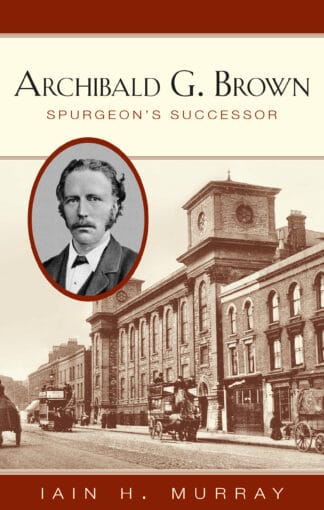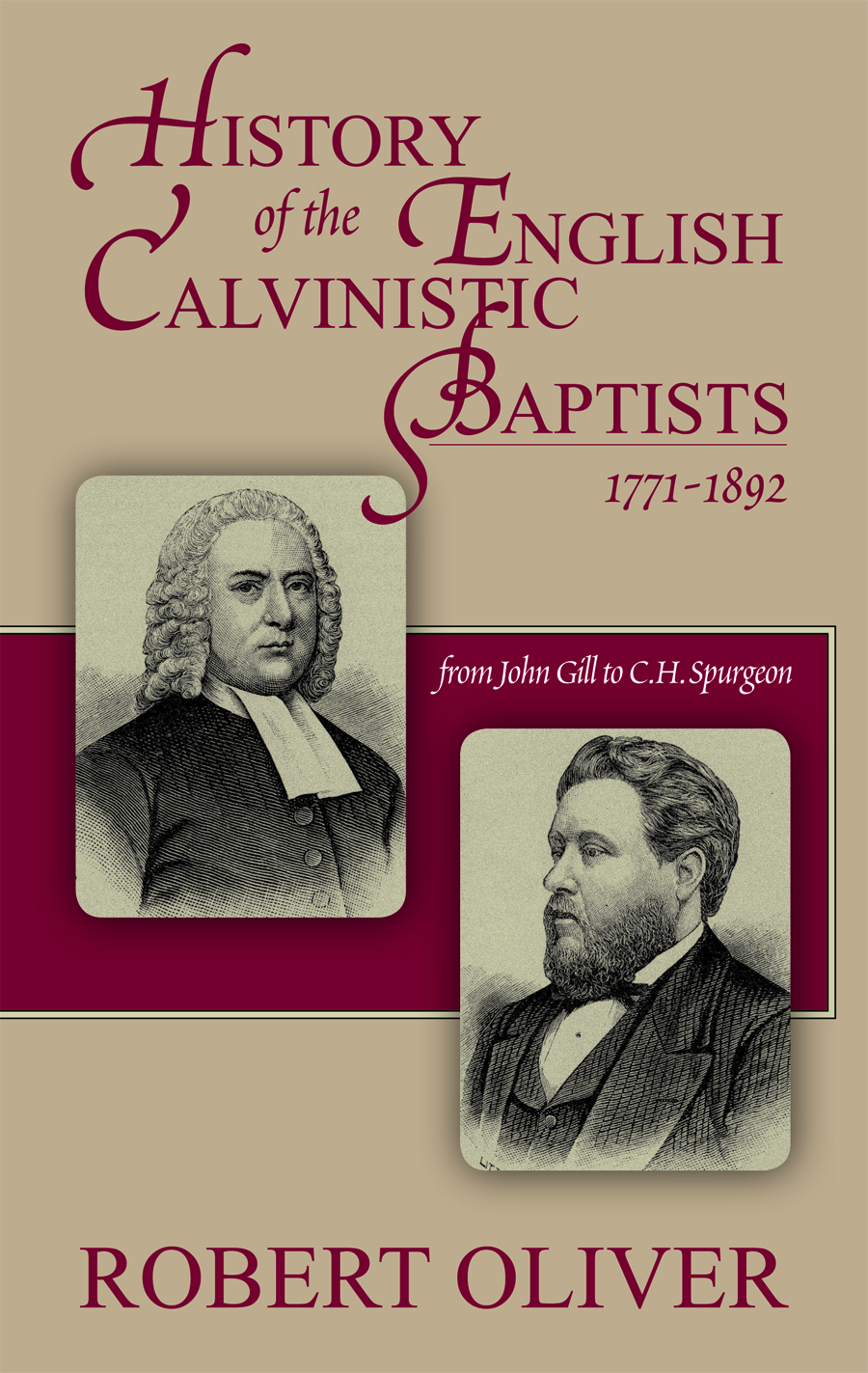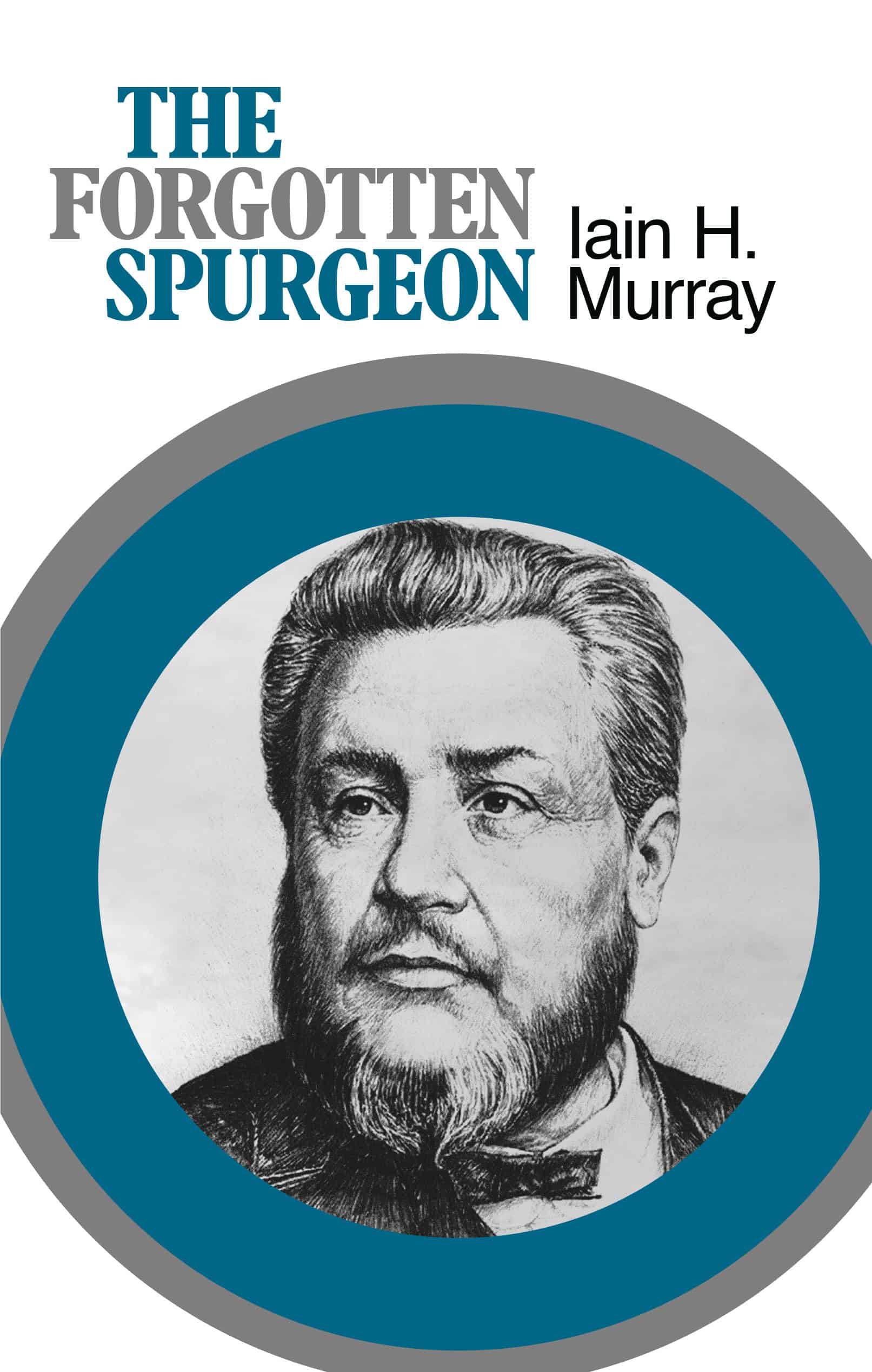Forgotten Spurgeon
| Weight | 0.40 kg |
|---|---|
| Dimensions | 21.5 × 13.6 × 1.8 cm |
| ISBN | 9781848710115 |
| Binding | Paperback, eBook (ePub & Mobi), Paperback & eBook (ePub & Mobi) |
| Format | Book |
| Page Count | 284 |
| This Edition | 2023 |
Book Description
This book seeks to throw light on the reasons which have given rise to the superficial image of Spurgeon as a genial Victorian pulpiteer, a kind of grandfather of modern evangelicalism. Even before his death in 1892 newspapers and church leaders disputed over the features of his life which entitled him to fame. Not his ‘narrow creed’ but his ‘genuine loving character’ was most worthy of remembrance said one periodical, echoing the general view. When Joseph Parker contrasted the hard Calvinism preached at Spurgeon’s Tabernacle with the praiseworthy Christianity exemplified in his orphanage, The Baptist protested that the man about whom Parker wrote ‘is not the Spurgeon of history’. But the distortion continued and Spurgeon forecast how the position he held might fare in years to come: ‘I am quite willing to be eaten by dogs for the next fifty years but the more distant future shall vindicate me’.
This book traces the main lines of Spurgeon’s spiritual thought in connection with the three great controversies in his ministry– the first was his stand against the diluted gospel fashionable in the London to which the young preacher came in the 1850s; the second, the famous ‘Baptismal Regeneration’ debate of 1864; lastly, the lacerating Down-Grade controversy of 1887-1891 when Spurgeon sought to awaken Christians to the danger of the Church ‘being buried beneath the boiling mud-showers of modern heresy’.
Table of Contents Expand ↓
| Preface to Second Edition | ix | |
| Some Dates concerning Spurgeon | xiii | |
| Why ‘The Forgotten Spurgeon’? | 1 | |
| 1 | The Preacher in Park Street | 21 |
| 2 | The Lost Controversy | 47 |
| 3 | Arminianism against Scripture | 73 |
| 4 | Arminianism and Evangelism | 105 |
| 5 | Church Issues Revived | 123 |
| 6 | The Down-Grade | 147 |
| 7 | The Down-Grade and Its Lessons | 161 |
| 8 | Free Grace and the Down-Grade in Perspective | 177 |
| 9 | ‘Though the Heavens Fall’ | 205 |
| 10 | The Aftermath at the Metropolitan Tabernacle | 221 |
| Appendix: An Open Letter | 253 | |
| Index | 265 |
Related podcast episode:
Reviews
Related products

Archibald G. Brown
Spurgeon's Successor
Description
An incisive, historical and theological insight into the great 19th-century Baptist and the doctrines which moulded his life and thought. 288pp.

History of the English Calvinistic Baptists 1791-1892
From John Gill to C.H. Spurgeon
Description
An incisive, historical and theological insight into the great 19th-century Baptist and the doctrines which moulded his life and thought. 288pp.

Diary and Journal of David Brainerd
Preface and Reflections by Jonathan Edwards
Description
An incisive, historical and theological insight into the great 19th-century Baptist and the doctrines which moulded his life and thought. 288pp.


Andrew Young –
An excellent book. Murray has researched his subject well. In this book he examines the three main issues which Spurgeon was in conflict with during the nineteenth century: the watered-down gospel that was being offered; the baptismal regeneration debate; the Down-Grade controversy.
The different problems associated with each of these are examined in depth. Spurgeon’s pleas against these various trends of his day, largely fell on deaf ears, and Murray goes on to describe the various consequences that ensued. This includes a chapter describing what happened at the Metropolitan Tabernacle, where Spurgeon himself ministered, in the years following his death.
Thankfully, today there are still churches which hold fast to the doctrines of grace which Spurgeon so faithfully proclaimed and stood for. I recommend this book. It is well written and very thought-provoking.
Edward Wynn –
Hands down, the most outstanding Spurgeon biography on the market. Iain Murray does not disappoint with this engaging and interesting biography about the prince of preachers.
Christopher Hume –
Iain Murray’s The Forgotten Spurgeon is as timely today as it was when published over 50 years ago. The evangelical world is familiar with the name of Charles Spurgeon, but do they understand the doctrines he preached? Do they understand the resistance he faced when declaring God’s sovereign grace? Iain Murray does a superb job of highlighting aspects of Spurgeon’s ministry that are often overlooked or ignored. The example of Spurgeon is needed in our day, as a new generation of preachers will be faced with the same temptation to prune the truth and blunt the sharpness of the great doctrines of the faith.